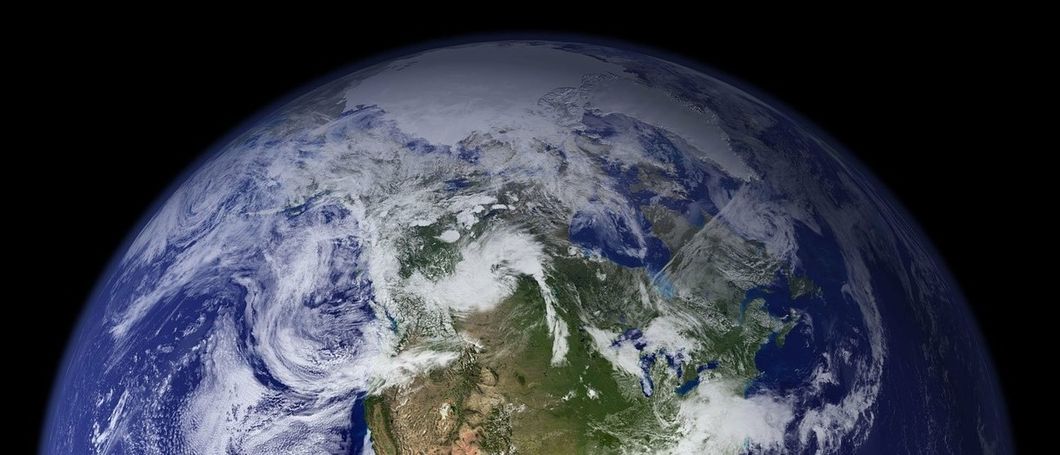On July 29, the world recognized Earth Overshoot Day, which is the earliest it has ever occurred. Earth Overshoot Day marks the date when humanity has used more of Earth's resources and ecological services than the planet can renew in an entire year. After this day, all of the resources used by humanity are essentially creating a deficit in which the planet cannot regenerate its resources fast enough to meet our demands.
Currently, humanity has a demand for resources that would require the use of approximately 1.75 planet Earths worth of resources. July 29 is calculated as the global average for Earth Overshoot Day. However, this date can vary from country to country and can also be calculated on even smaller scales. If you're interested in exploring the Overshoot Days for different countries, you can use this link. It calculates Earth Overshoot Day if every member of the population lived like that country. For example, it shows the difference between the footprints of countries like the United States who would have Overshoot Day on March 15 and countries like Indonesia and the Dominican Republic who would have Overshoot Day on December 18 and December 12, respectively.
In accordance with this day, the Global Footprint Network has provided an ecological footprint calculator. Through this calculator, you can examine how many planets we would need to use if everyone lived the way you did. It also tells you when Earth Overshoot Day would occur if everyone on the planet lived identically to you. It is a quick questionnaire that asks about various aspects of your lifestyle including how often you eat animal-based products, the energy-efficiency of your home, how much trash you generate, and how far you travel (by plane and car). This questionnaire is a simple way to put your lifestyle into perspective and gives you a better understanding of where you may be able to make changes.
In addition to using the calculator, you can also take a few steps to educate yourself on related issues, like climate change, environmental justice, and food security. These topics are featured in the news, but you can also read about them in books or articles from organizations or magazines. Some of my favorite books include: "How Culture Shapes the Climate Change Debate" (Andrew Hoffman) and "Losing Earth: A Recent History" (Nathaniel Rich). I would also recommend articles like "Food Security: The Challenge of Feeding 9 Billion People," which was featured in Science Magazine. If reading isn't your thing, you can always listen to speeches on the topics, some of which are most notably given by Democratic Senator Sheldon Whitehouse (RI), who has given over 250 speeches on climate change.
Regardless of whether you choose to try the footprint calculator or try reading books and articles, Earth Overshoot Day can still serve as an annual reminder to be more conscious about the manner in which we use the Earth's resources and ecological services.





 Energetic dance performance under the spotlight.
Energetic dance performance under the spotlight. Taylor Swift in a purple coat, captivating the crowd on stage.
Taylor Swift in a purple coat, captivating the crowd on stage. Taylor Swift shines on stage in a sparkling outfit and boots.
Taylor Swift shines on stage in a sparkling outfit and boots. Taylor Swift and Phoebe Bridgers sharing a joyful duet on stage.
Taylor Swift and Phoebe Bridgers sharing a joyful duet on stage.












